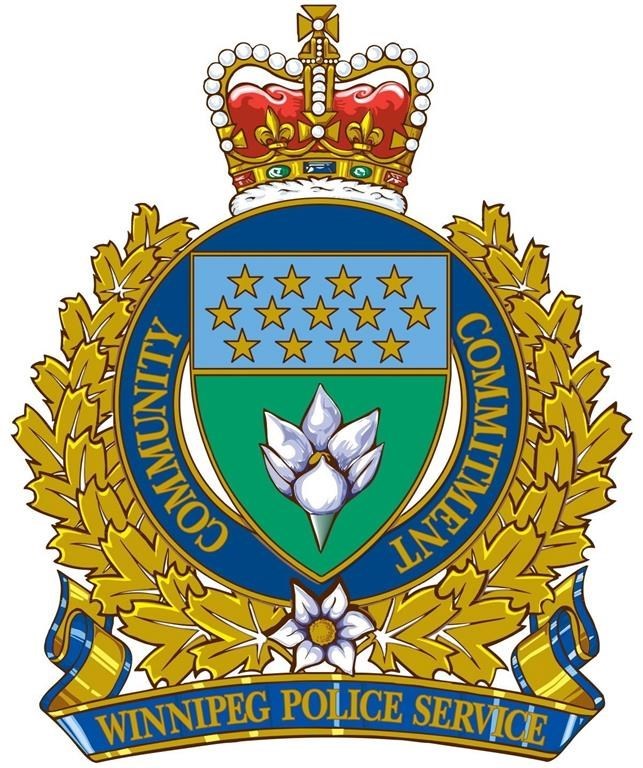WINNIPEG — The death of an Indigenous woman whose body was found in a landfill was not a homicide, Winnipeg police said Thursday after retracing Linda Beardy's final hours.
Beardy, 33, was seen leaving a store and climbing into a garbage bin, alone, hours before her body was discovered, police Chief Danny Smyth said.
"There was some activity observed within the bin and after a short period of time, there was no further activity observed," Smyth said.
About three hours later, a truck picked up and emptied the bin, and carried the contents to the Brady landfill, where Beardy's body was soon found, he added.
The autopsy is ongoing, including toxicology tests, but the medical examiner reported no signs of injuries other than those consistent with being moved around by a truck.
"There were no other injuries that suggest any kind of foul play," Smyth said.
"We're satisfied that this is not a homicide."
Nothing unusual happened in the store and police said they do not know why Beardy went into the bin. They are hoping for more information from the public as the investigation continues.
The discovery of Beardy's body raised suspicion after the remains of Rebecca Contois were found in the same landfill in June.
Police had said that the killings of Contois and other women also believed to have ended up in landfills were not linked to Beardy's death.
The remains of Morgan Harris and Marcedes Myran are believed to be in the privately run Prairie Green landfill north of Winnipeg, police have said, but their bodies have not been found.
Jeremy Skibicki has been charged with first-degree murder in the deaths of Contois, Harris and Myran — all First Nations women — as well as an unidentified woman Indigenous leaders have named Mashkode Bizhiki'ikwe, or Buffalo Woman. Police have also not located her remains.
An Indigenous-led committee is in the process of putting together a feasibility study to search the Prairie Green landfill, which is expected to be completed in the next four to six weeks.
Beardy's family said they are devastated and heartbroken as they try to comprehend what happened.
In a statement issued Thursday evening, the family said they were saddened and disappointed by the police decision.
"We do not feel that they treated us respectfully and we felt intimidated," the statement reads. "We also believe that they have not been transparent in the dissemination of information. As a result our trust has been eroded and we feel this impacts the investigation."
Calling Winnipeg police "dismissive," the family said there are many unanswered questions surrounding exactly what happened to Beardy, and they are concerned police "may not be compelled to complete a thorough investigation" into her death.
"We call on Canada to immediately appoint an independent investigator to thoroughly investigate the untimely death of our sister under suspicious circumstances."
They described Beardy as someone who fiercely supported her four older sisters, their children and her own four children, who were her pride and joy.
Beardy was a mother and a member of Lake St. Martin First Nation but grew up in Winnipeg and was living in the city at the time of her death.
The family said Beardy had a strong Christian faith and attended Believers Church in central Winnipeg.
"Linda was our baby girl, a mommy, our sister, auntie, niece, cousin and friend. She will always be truly deeply loved beyond measure," said a statement.
"This is who our loved one Linda Beardy is and how she will be remembered in our hearts."
First Nation leaders and community members have called for the Brady Road landfill to be shut down permanently.
Lake St. Martin Chief Christopher Traverse joined in those calls Thursday.
"We need the governments to consider closing (Brady) and make that landfill a memorial site."
This report by The Canadian Press was first published April 6, 2023.
Brittany Hobson and Steve Lambert, The Canadian Press


